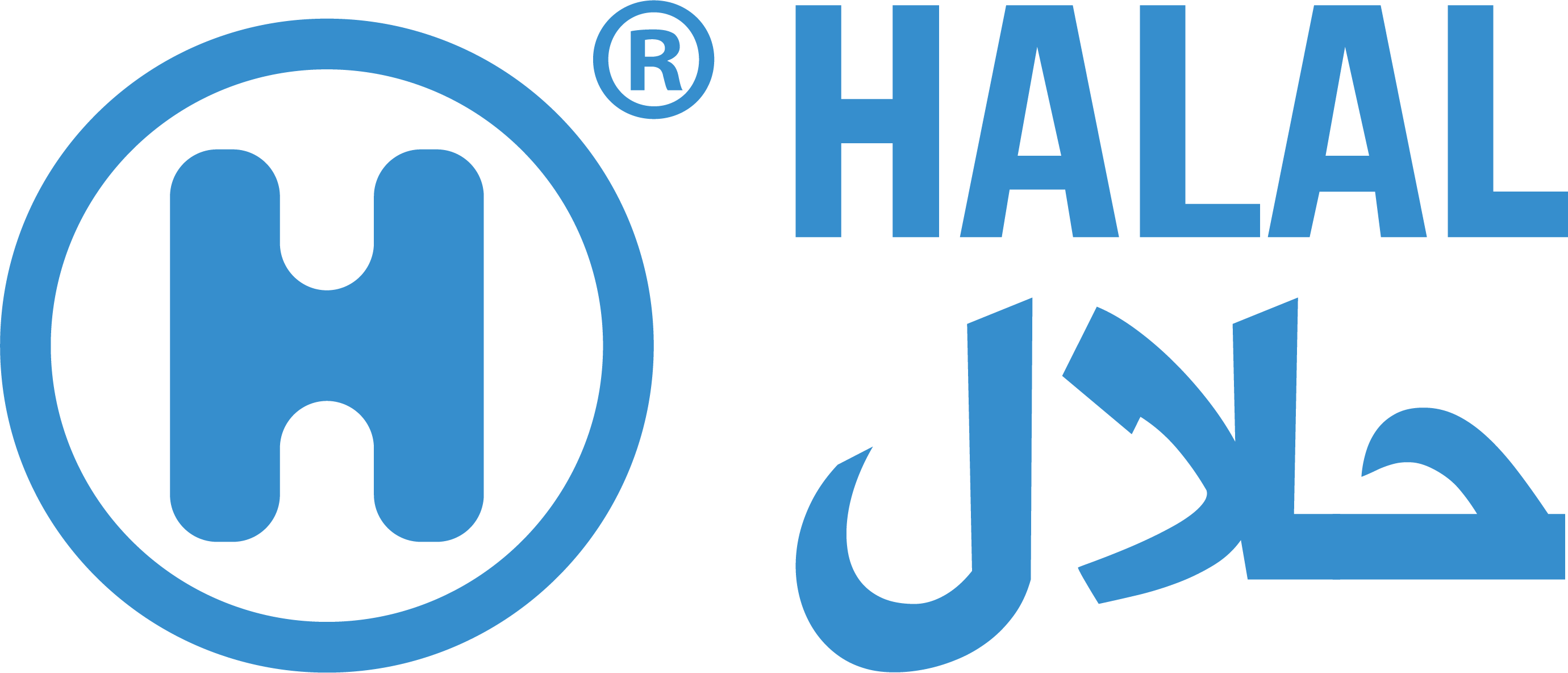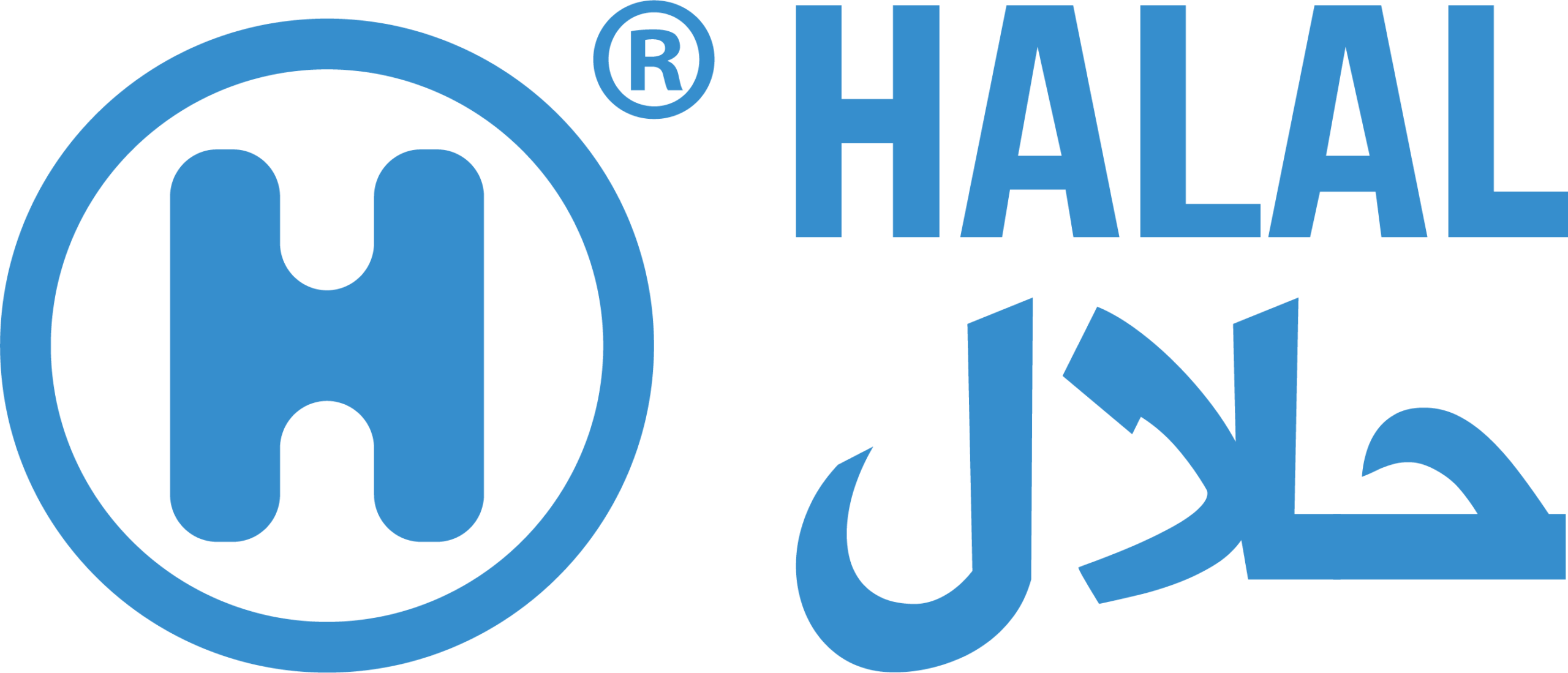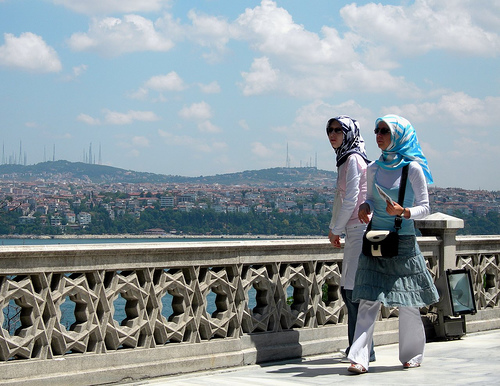This Halal Standard Model provides guidelines related to the production, preparation, handling and storage of Halal food and drinks, leather garments medicine, cosmetics and skincare and healthcare products. Some of these guidelines are mandated by Shariah and are necessary to adhere to, some are recommended, whilst some are of a regulatory nature which, although are not required by Shariah, are intended to provide the Muslim consumer added
confidence. The Shariah element of this proposed Halal model is based on the all-encompassing general Shariah law. Products or processes that adhere to these guidelines can be considered Halal without any doubt.
The concept related to Halal
(2.1) Shariah
It is a set of beliefs, acts of devotion, relations and morals, provided for in the Noble Qur’an, Sunnah, the consensus of Islamic scholars and the approved measuring.
(2.2) Shariah Provisions
The Shariah provisions are divided into two parts: Commissioning Shariah provisions and Situational Shariah provisions. What concerns us in this context is the Commissioning Shariah provisions which are defined as follows:
«The Message of God Almighty with regard to the actions of the legally competent person, either on exigent or optional or situational basis
The Commissioning Shariah provisions are divided by the majority of jurisprudents (experts of Fiqh) to five sections: the imperative (Wajib) – the recommended (Mandoob) – the permissible (Mubah) – the Disapproved
(Makrooh) and the prohibited (Haram)
Among the commissioning Shariah provision, we are concerned with in the Halal industry are the permissible (Mubah) – disapproved (Makrooh) – prohibited (Haram).
(2-3) Halal (Mubah):
The Halal is defined by the fundamentalists as follows:
Every act for which the Legislator has granted the option to choose between doing it and abandoning it. Halal is the allowable actions which the Shariah has authorized to do and there is no order that prohibits it. It is called the permissible and the allowable and that is the act which a person is not praised either for doing it or abandoning it.
In Shariah and in the convention of the jurisprudents, Halal is designated to everything that is contrary to Haram and that would include everything other than Haram, including the permissible (Mubah), the recommended (Mandoob), the imperative (Wajib)and disapproved (Makrooh),
Haram
Haram is defined by the fundamentalists as follows:
Every act which the Legislatorrequeststobe abstained under commissioning and binding basis. Therefore, its abandoner would be considered as obedient and rewarded and its doer would be considered as the sinner and disobedient, its doer would be damned and dispraised while its abandoner would be praised and lauded, it is also called the prohibited, the sin, the guilt, the impermissible, the impending upon and the disgraceful
(2-5) Disapproved (Makrooh):
“Makrooh” is defined by the fundamentalists as follows:
Every act which the Legislator has asked the legally competent person to abandon, but not on decreeing and commissioning basis, i.e., the act which it would be more appropriate to abandon than to do and it is the act which its abandoner is praised but its doer is not dispraised or disparaged and he may deserve to be blamed


